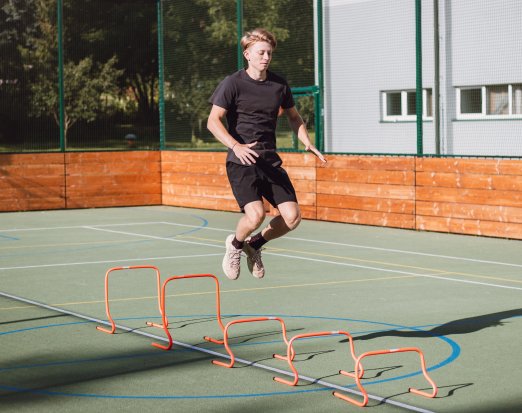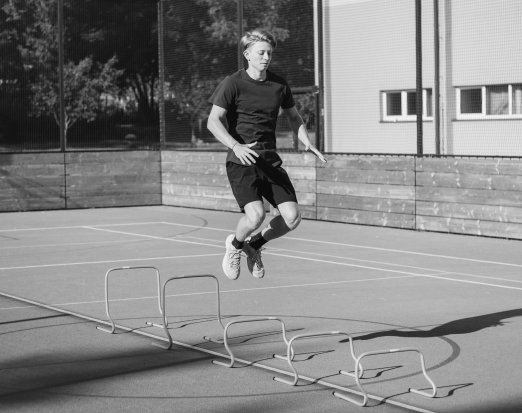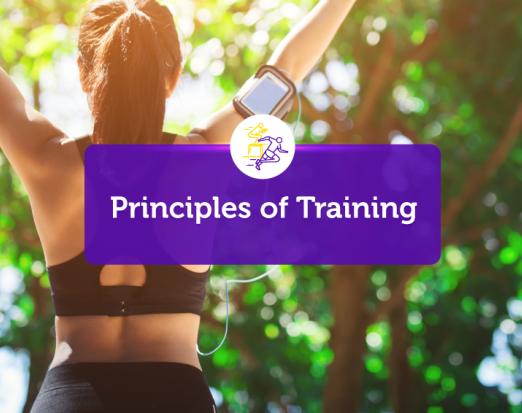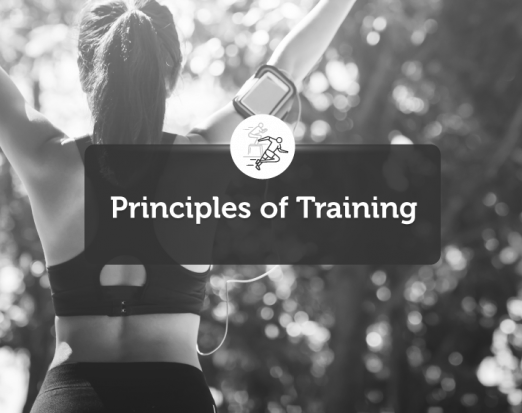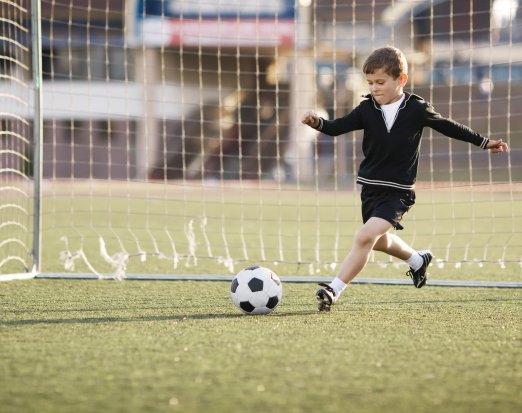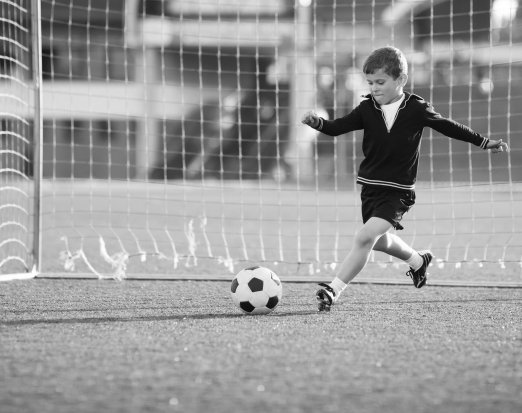Aiming to be extraordinary
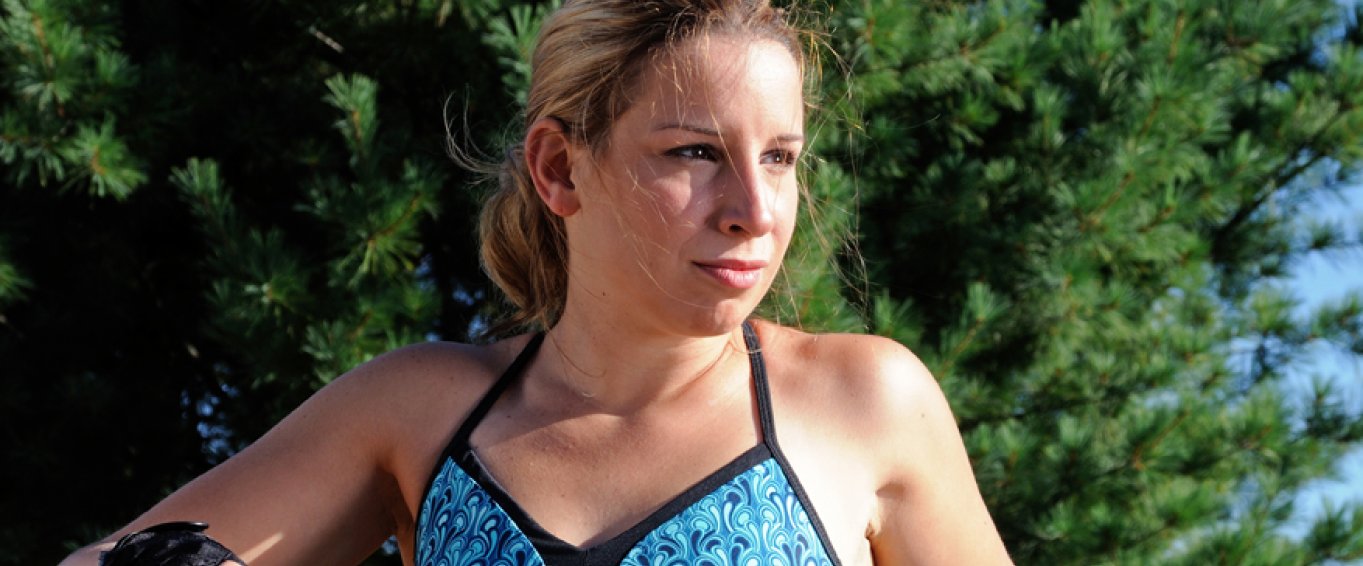
Heartening to read in this week’s Telegraph an interview with exercise scientist and celebrity trainer, Professor Greg Whyte, who believes that anyone can achieve extraordinary fitness. Whyte has worked with the likes of Davina McCall and David Walliams, transforming the latter into a high endurance swimmer and training the former, who was recovering from hip and knee injuries at the time and was trying to juggle three children and a punishing work schedule, to run, swim and cycle 500 miles for Sport Relief.
Whyte credits the fact that a celebrity such as David Walliams is a highly-motivated character but points out that both Walliams and McCall are essentially like the rest of us, with busy lives and not always at the peak of physical fitness. In the published interview, he then gives us some precious nuggets by identifying vital components that help people achieve.
Whyte is an advocate of nurturing a running list of small goals, for instance, as he says that we all respond psychologically to the buzz of a little success – it keeps us going. New year’s resolutions tend to fail because there is one big goal and then nothing so they are, on the whole, very difficult to maintain.
I particularly like Whyte’s views on planning for success. He talks of a very simple strategy whether your goal is to shed a certain amount of weight or to achieve a sport or exercise target: “Analyse your goal, identify what you need to do and work out how to achieve it.” A bit like figuring out the easiest way to get from A to B before setting out on the journey, anything’s achievable if you work out how it’s done and then simply do it.
It’s a very pragmatic approach and, as with all things that tend to work well, it comes down to common sense. Keep providing yourself with goals to keep up the momentum, and to drive yourself further, and you will achieve more; work out in advance how you’re going to achieve these goals ie. Have a plan and stick to it.
I was also pleased to read Whyte talking about bursts of high-intensity exercise, switching exercises to challenge the body, introducing bursts of fast running into longer, even-paced runs and generally keeping on the move all day, if possible. We need to keep regularly active and to stretch ourselves to keep healthy. If you do high intensity exercise the effects last longer and, if you are habitually active – regularly walking to the shops, playing with the kids in the park (not watching them play !) – you will feel and be a lot fitter.
